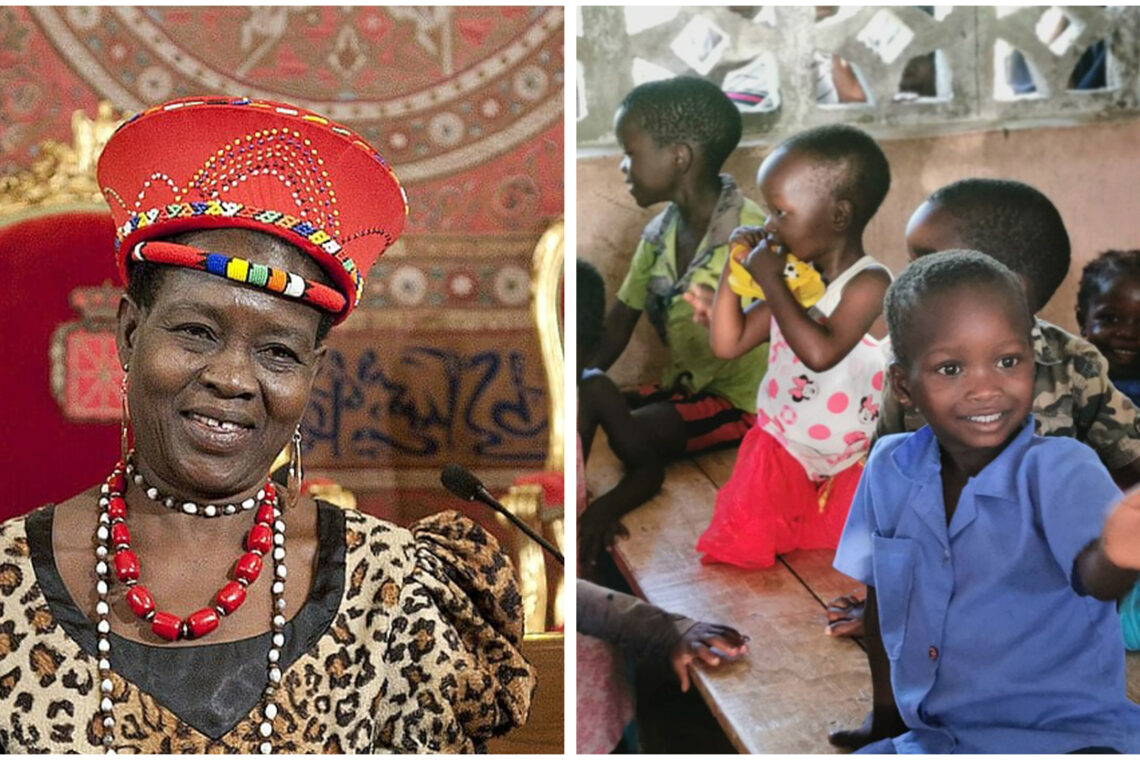
Theresa Kachindamoto is a name that deserves attention, especially in conversations about individuals making significant social impacts. While many may not know her story, the changes she has championed and the lives she has touched through her work are remarkable and inspiring.
Hailing from the Dedza District in Malawi, Kachindamoto is the youngest of twelve siblings in a family that has held traditional leadership roles for generations. Her journey to leadership was unexpected; after spending 27 years as a secretary in a city college, she was elected as the senior chief of her community. This surprise election came with its challenges, as she was initially hesitant about assuming such a significant responsibility. However, she was informed firmly that she would be taking on the role whether she wanted to or not, and thus began her journey as a community leader.

As Kachindamoto settled into her new position, she quickly identified child marriage as a critical issue in her community. The practice of marrying off young girls, often for economic reasons, was deeply rooted in the local culture. Many families, facing financial hardship, saw marriage as a solution, leading to young girls becoming wives and mothers before they were even teenagers. During her community outreach efforts, Kachindamoto met girls as young as twelve who were already navigating the complex responsibilities of adulthood.
Determined to put an end to this harmful tradition, Kachindamoto took swift and decisive action. She made a public declaration that all marriages involving minors would be annulled. Her assertiveness was clear when she stated, “Whether you like it or not, I want these marriages to be terminated.” Kachindamoto’s commitment to the education and empowerment of young girls became her central mission. Throughout her tenure as chief, she successfully annulled around 850 marriages, allowing countless girls to return to school and reclaim their futures.
In addition to her efforts against child marriage, Kachindamoto also fought against a practice known as “kusasa fumbi,” which involved sending young girls to camps for sexual training, often at a disturbingly young age. Recognizing the severe implications of this tradition, she took a hard stance against it, threatening to dismiss any chief who allowed such practices to continue. Kachindamoto’s resolve was evident in her actions; she dismissed four male chiefs who refused to comply with her vision for change, demonstrating her commitment to eradicating child marriage and protecting the rights of young girls.
Despite facing intense opposition, including threats to her life, Kachindamoto remained steadfast in her mission. Her response to such intimidation was unwavering: “I don’t care, I don’t mind. I’ve said whatever, we can talk, but these girls will go back to school.” This fierce determination is a hallmark of true leadership. Kachindamoto’s unwavering dedication to her cause reflects her belief in the power of education to transform lives and communities.
Kachindamoto’s influence extends far beyond her immediate surroundings. Her actions challenge entrenched societal norms, inspiring others to advocate for similar changes. Her strong belief that education can provide a pathway to a better future for girls is evident in every annulled marriage and every girl returned to the classroom.
With her proclamation, “I’m chief until I die,” Kachindamoto expresses her unwavering commitment to her role and her community. Her work not only impacts individual lives but also shapes the future of her community. She stands as a beacon of hope and a symbol of resilience, demonstrating how one person’s courage and determination can lead to monumental change.
In a world where the voices of many are often drowned out, Theresa Kachindamoto’s story serves as a powerful reminder of the potential for individual action to create a ripple effect of positive change. Through her relentless efforts, she embodies the qualities of a true champion for social justice and equality, proving that leadership is about standing up for what is right and advocating for those who cannot advocate for themselves.